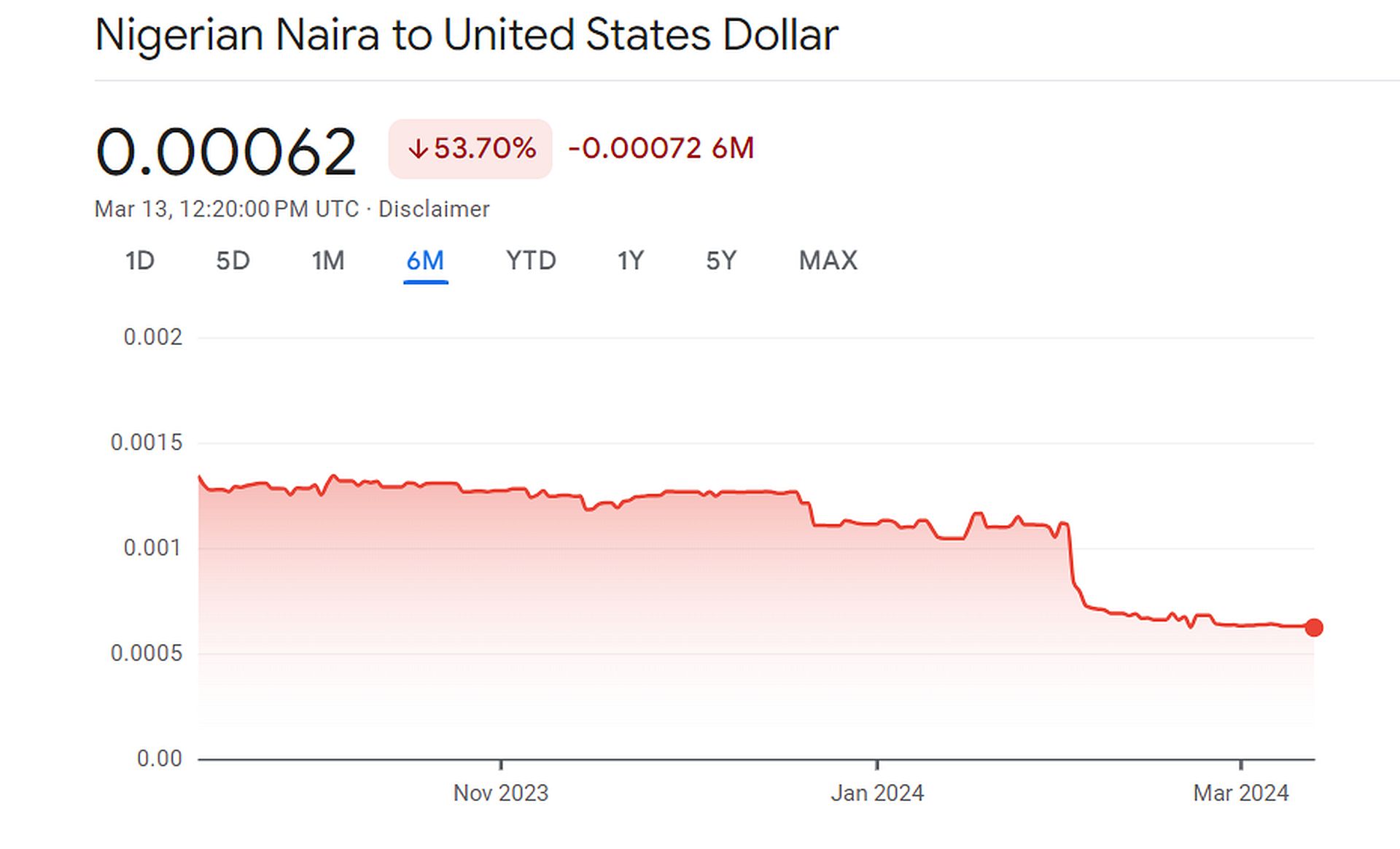Recently, officials from Binance, a big cryptocurrency company, got arrested in Nigeria. The government thinks Binance might be causing problems for the country’s money and economy, specifically its currency, the naira. They accuse Binance of doing things like messing with exchange rates and handling money in a suspicious way. This arrest has sparked a big debate about how to control cryptocurrency companies in Nigeria and what it means for the country’s finances.
Why were Binance executives arrested in Nigeria?
Binance executives were arrested in Nigeria due to allegations made by the Nigerian government concerning the exchange’s impact on the country’s economy and currency, the naira. The government has accused Binance of engaging in activities that worsen Nigeria’s foreign exchange challenges and potentially violate Nigerian laws.
 One of the key allegations is that Binance has been manipulating exchange rates to profit unfairly, which can have a destabilizing effect on the naira and the broader economy. By artificially influencing exchange rates, Binance could potentially disrupt the natural flow of currency in Nigeria, affecting businesses, consumers, and the overall financial stability of the country.
One of the key allegations is that Binance has been manipulating exchange rates to profit unfairly, which can have a destabilizing effect on the naira and the broader economy. By artificially influencing exchange rates, Binance could potentially disrupt the natural flow of currency in Nigeria, affecting businesses, consumers, and the overall financial stability of the country.
But that’s not all
Nigerian authorities have raised concerns about Binance’s handling of funds within the country. There are allegations that Binance processed a significant amount of money, approximately $26 billion, without proper traceability or adherence to Nigerian financial regulations. This lack of transparency raises suspicions about the source and destination of these funds, which could have implications for money laundering, tax evasion, and other illicit activities.
As a result of these allegations, Nigerian officials took action against Binance executives, detaining them for questioning and investigation. The executives were reportedly held against their will for two weeks, during which they were relocated to a guesthouse under the control of Nigeria’s National Security Agency.
It’s important to note that these are allegations, and Binance executives have the right to defend themselves against these accusations. However, the situation highlights the challenges of regulating cryptocurrency exchanges, especially in countries like Nigeria where the adoption of cryptocurrencies is high, but regulatory frameworks may still be evolving. The outcome of this case will likely have implications for how cryptocurrency exchanges operate in Nigeria and how they interact with regulators in the future.





